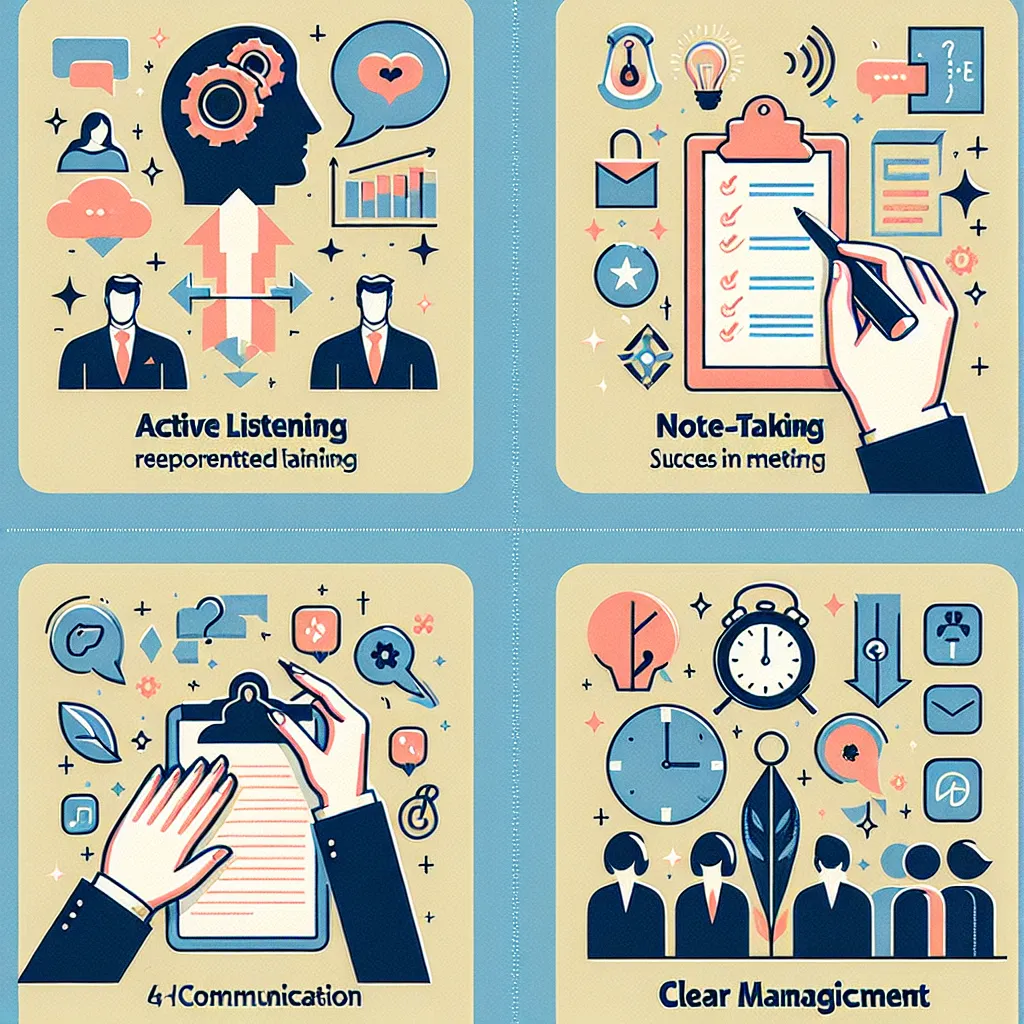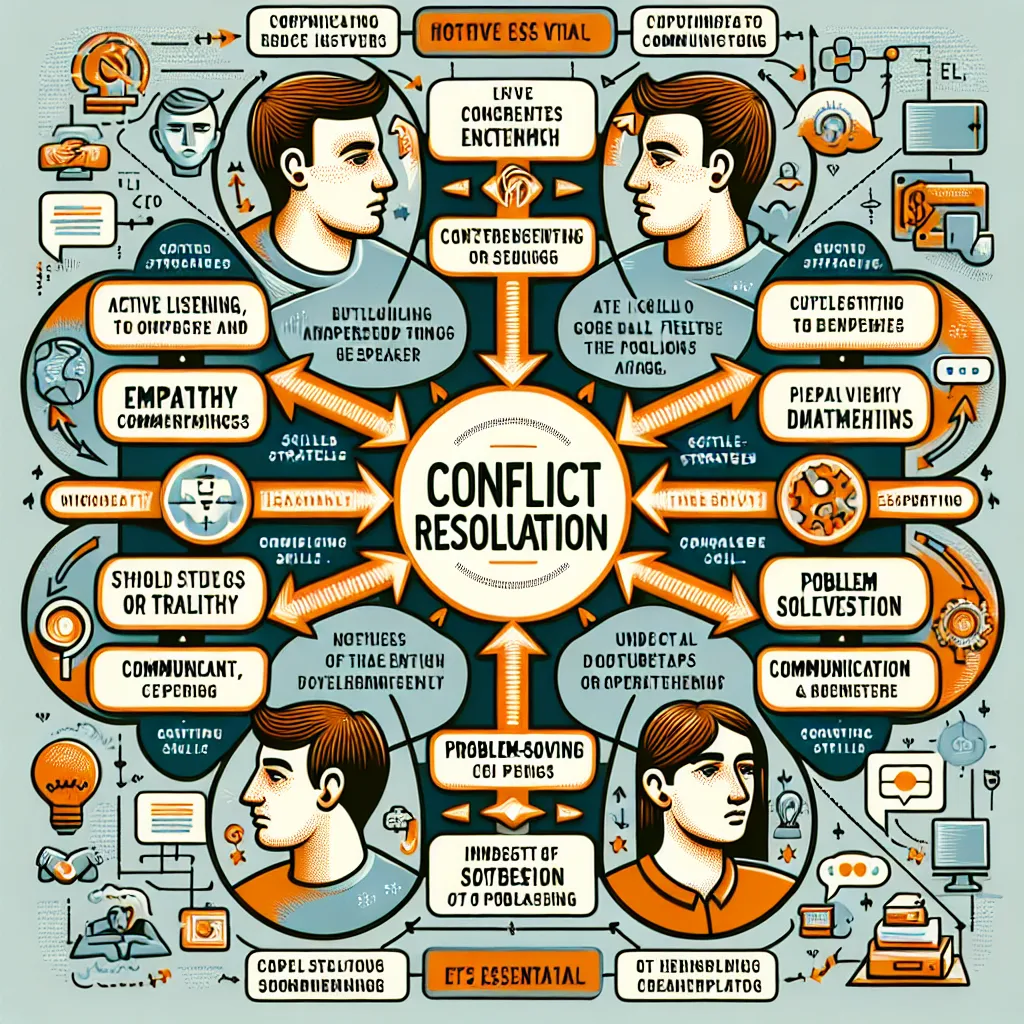Case interviews are a crucial part of the hiring process for many consulting firms and other industries. They test your problem-solving skills, analytical thinking, and ability to work under pressure. This guide will help you understand what case interviews are, why they’re important, and how to prepare effectively for them.
Understanding Case Interviews
Case interviews are a type of job interview where you’re presented with a business problem or scenario and asked to analyze it and provide solutions. They’re designed to assess your analytical and problem-solving skills in real-time.
Why Are Case Interviews Important?
- Demonstrate problem-solving skills
- Showcase analytical thinking
- Test your ability to work under pressure
- Evaluate your communication skills
- Assess your business acumen
 Case Interview Preparation
Case Interview Preparation
Key Components of Case Interview Preparation
1. Understand the Case Interview Format
Case interviews typically follow a structure:
- Introduction of the case
- Clarification questions
- Framework development
- Analysis and problem-solving
- Recommendation
Understanding this format will help you navigate the interview more confidently.
2. Develop a Structured Approach
A structured approach is crucial for success in case interviews. Consider using frameworks like:
- The McKinsey 7S Framework
- Porter’s Five Forces
- SWOT Analysis
- The 4P’s of Marketing
However, don’t rely solely on these frameworks. Adapt them to fit the specific case at hand.
3. Practice, Practice, Practice
The more you practice, the more comfortable you’ll become with case interviews. Here are some ways to practice:
- Solve sample cases from consulting websites
- Practice with friends or study groups
- Attend case interview workshops
- Use case interview preparation books
4. Improve Your Mental Math Skills
Quick mental math is often necessary during case interviews. Practice:
- Estimations and approximations
- Percentage calculations
- Basic arithmetic
5. Enhance Your Business Knowledge
Read business news and familiarize yourself with common business concepts. This will help you understand cases more quickly and provide more insightful recommendations.
Common Case Interview Mistakes to Avoid
- Jumping to conclusions without proper analysis
- Failing to ask clarifying questions
- Not structuring your thoughts before speaking
- Ignoring the interviewer’s hints or guidance
- Focusing too much on numbers and forgetting the big picture
Tips for Success in Case Interviews
- Listen carefully to the case description
- Take notes during the interview
- Communicate your thought process clearly
- Be confident in your approach
- Practice time management
- Stay calm under pressure
 Case Interview Tips
Case Interview Tips
Sample Case Interview Questions and Answers
Let’s look at a few sample case interview questions and how to approach them:
Question 1: “Our client is a large supermarket chain. They’ve seen a 20% decrease in profits over the last year. What could be causing this, and what would you recommend to improve their situation?”
Approach:
- Ask clarifying questions about the client’s business model, market position, and recent changes.
- Develop a framework to analyze the problem (e.g., revenue vs. costs, internal vs. external factors).
- Analyze potential causes (e.g., increased competition, changing consumer habits, rising costs).
- Provide recommendations based on your analysis (e.g., cost-cutting measures, marketing strategies, diversification).
Question 2: “A small tech startup is considering entering the smart home device market. How would you advise them on this decision?”
Approach:
- Gather information about the smart home device market and the startup’s capabilities.
- Use a framework like Porter’s Five Forces to analyze the market attractiveness.
- Assess the startup’s strengths and weaknesses in relation to this market.
- Provide a recommendation with supporting evidence and potential risks.
Follow-up Questions and How to Handle Them
-
“What if our initial strategy doesn’t work?”
- Be prepared to pivot and suggest alternative approaches.
-
“How would you measure the success of your recommendation?”
- Propose specific, measurable KPIs relevant to the case.
-
“What are the potential risks of your suggested strategy?”
- Acknowledge potential drawbacks and suggest mitigation strategies.
-
“How would you implement this solution?”
- Outline a step-by-step implementation plan with timelines.
-
“What additional information would you need to refine your recommendation?”
- Identify key data points that could enhance your analysis.
Conclusion
Preparing for a case interview requires dedication, practice, and a structured approach. By understanding the format, developing your analytical skills, and practicing regularly, you can significantly improve your performance. Remember, the key is not just to solve the problem, but to demonstrate your thought process and ability to think critically under pressure.
For more interview preparation tips, check out our articles on how to answer questions about career development and how to prepare for a logistics manager interview. Good luck with your case interviews!




